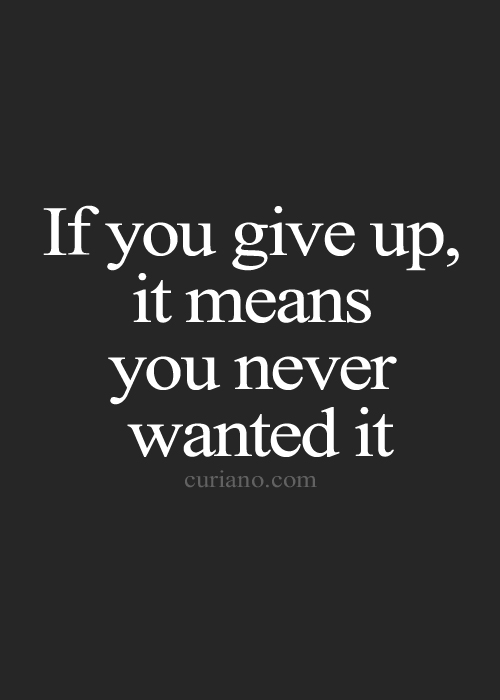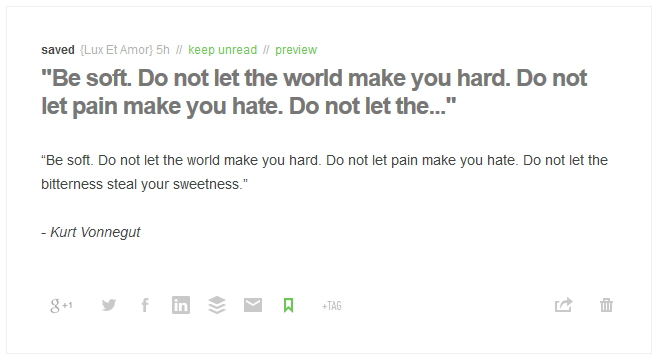 In which a promiscuous matador is pissy about having been brutally friend-zoned by a feminist college professor he wants to have sex with in the worst way, and she pounds him into the ground.
In which a promiscuous matador is pissy about having been brutally friend-zoned by a feminist college professor he wants to have sex with in the worst way, and she pounds him into the ground.
••• TL;DR •••
EMILIO: “Why is being a virgin when you get married so important to you?”
VICTORIA: “Because it’s not important to anybody else,” she snapped, then huffed. “No. What happened was, I saw girls in high school—and one at church—they’d have sex, almost always pressured. Sometimes it was date rape, but they didn’t have the guts to say so. Or they were confused or conflicted about it. And they’d either get pregnant or the guy would treat them like crap. Regardless of what people like to think, I’m not oblivious. I see and hear, and I remember. But I don’t care.”
Didn’t he know that! Her non-oblivion was a tiger trap.
“Now, I ask you. If you see a bunch of girls running around crying after having had sex, what conclusion are you going to draw?”
He pursed his lips. That had never occurred to him. Then again, he wasn’t a teenage girl.
“I drew the conclusion that it wasn’t fun. Not only that, but they ended up with labels that weren’t true at all. Slut. Whore. Easy. Whatever. I saw how the boys treated them and they were not nice. Why didn’t the boys get labeled? Why was it cool and fun for them? Why was it the girls who got all the bad side and the boys who got the good side?”
Emilio was, at the moment, sinking into a vat of goo whose main ingredient, he suspected, was shame. He’d been one of those boys.
And one of those young men.
And one of those almost-middle-aged men.
“Why did the girl have to leave school if she got pregnant, but the baby’s father didn’t? And why,” she continued, “was the girl always blamed if she had the guts to speak up and say, ‘He raped me’? Her skirt was too short. She was wearing too much makeup. She was where she shouldn’t have been. She had too much to drink. She was too flirty. She wanted it. She’s been asking for it. Oh, and my personal favorite—boys will be boys.”
Silver linings. He’d never raped a woman nor, so far as he knew, had he coerced one into doing something she wasn’t sure she wanted to do, which amounted to the same thing.
“Once ‘boys will be boys’ gets pulled out, the girl’s hounded out of town—by women! The boy’s mother will be leading the pack.”
Emilio had noticed this, in fact, and he was vaguely amazed this behavior crossed an ocean.
“It was the eighties. How many girls are going to ask their mothers to take them to the doctor to get birth control? How many girls are going to walk into a drugstore and buy condoms? None, that’s how many. Why? Because if they go on birth control, it means they expect to have sex in the future. And if they buy condoms, it means they’re planning to have sex right now. As far as I could see, there was nothing in it for the girl. And it wasn’t fun enough to have to deal with the consequences.
“It had nothing to do with church, particularly since the chastity lessons in Young Women also put the onus on the girls to keep the boys in line. Analogies like ‘nobody wants already-chewed gum’ and ‘nobody wants to eat a cupcake that’s got the icing licked off’—”
Emilio grimaced.
“—and another one of my personal favorites—I have so many!—‘Boys can’t control their baser lusts, so you have to cover up so they don’t have to discipline themselves.’ Why is it up to me to shepherd a man’s—any man’s—hormones? But the fact of the matter is, secular society, no matter how much it likes to pretend it’s open and tolerant, is no kinder than religious society.
“If I met a man who was willing to marry me for time and all eternity, I would have to assume he loved me and he thought he could put up with me. The risk is there, but it’s a shared risk, because if he changed his mind after, I’d divorce him and take everything he owned. You take me for a test drive, I’ll take you to the cleaners.”
“Oh,” he moaned, feeling that like a knife in his gut. “That’s cold.”
She granted him a haughty sniff. “And heaven help him when my family gets through with him.”
Emilio took a deep breath and released it in a long whoosh.
“Now refute anything I just said. And before you try, let me remind you of Yvette Mallery. Poor girl. She’s twenty-four. Lonely. Not too bright. Caged by her life. The only marginally admirable trait you have is you don’t string women along.”
Sebastian was right. Again. Victoria was awful when she was thoughtless. She was vicious when she set out to cut a man’s balls off, and Emilio felt like he’d been pummeled, held under water, and stretched out in the desert sun to dry and crack.
“I … can’t.”
“The woman takes all the risk and all the blame, even if she’s brutally raped. She could even end up with a baby she didn’t want if she doesn’t get rid of it somehow. Destroys her shot at making anything out of her life. That’s eighteen years of risk, eighteen years of poverty, eighteen years of her life, gone in forty-five minutes. She ends up alone and on the bottom of Maslow’s scale for the rest of her life.
“I’ve been mocked for being a thirty-two-year-old virgin. Why? Why would any woman over twenty be mocked for being a virgin in a society that also mocks women for choosing unwisely? Or following their bliss just like men do? Or being victims of a horrible crime? The only explanation is that the woman takes all the blame, all the risk just for existing.
“But you know what? I don’t care if people mock me because I may be a lot of things society thinks are horrible—especially in a woman—but I am not delusional and I am not going to screw up my life over something that seems to be about as fun as a drive-in movie, if that, and I refuse to be a victim. You’re upset about ‘Let’s be friends’? Give me one reason to believe you wouldn’t do that to me, too.”
••• TL;DR •••

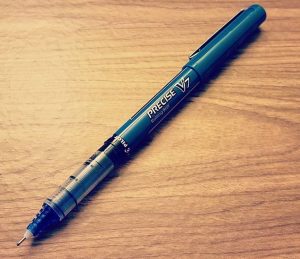 Inspired by
Inspired by 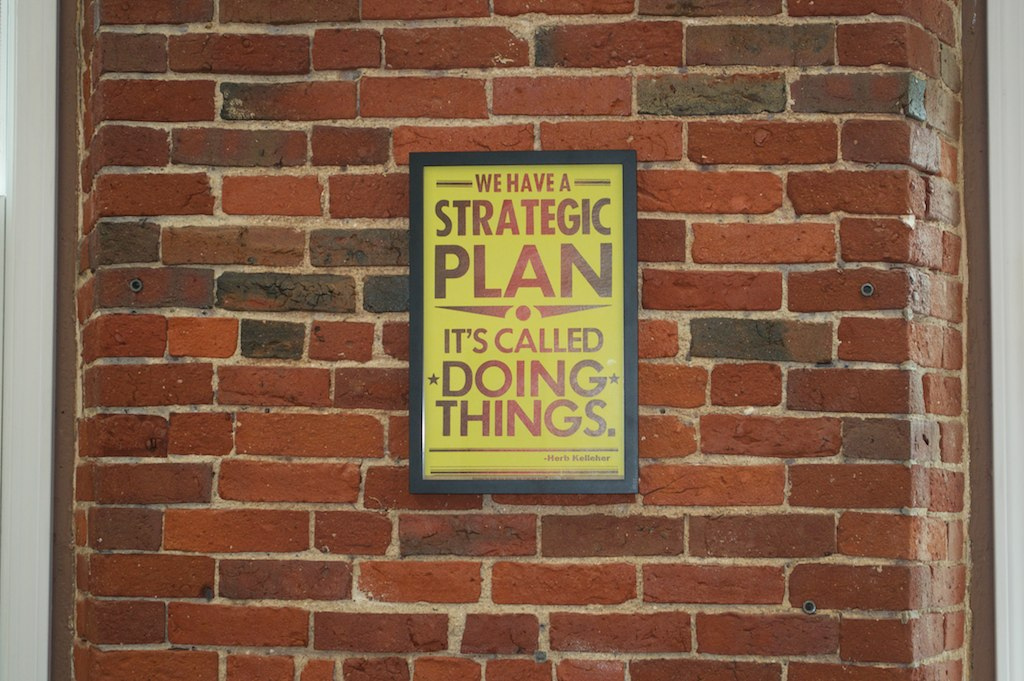

 that compels people to reflect and grants epiphanies like a fairy godmother?
that compels people to reflect and grants epiphanies like a fairy godmother?
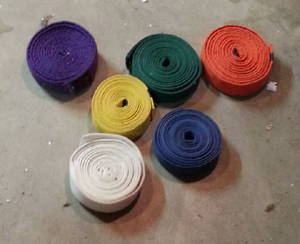
 So when I was 16, I had a short-lived stint at Shoney’s as a salad bar attendant. I’ve never worked that hard in my life on a consistent basis. I didn’t do well for several reasons.
So when I was 16, I had a short-lived stint at Shoney’s as a salad bar attendant. I’ve never worked that hard in my life on a consistent basis. I didn’t do well for several reasons.
 I’m asking a question, but I’m not sure I’ll understand any responses I’ll get.
I’m asking a question, but I’m not sure I’ll understand any responses I’ll get.